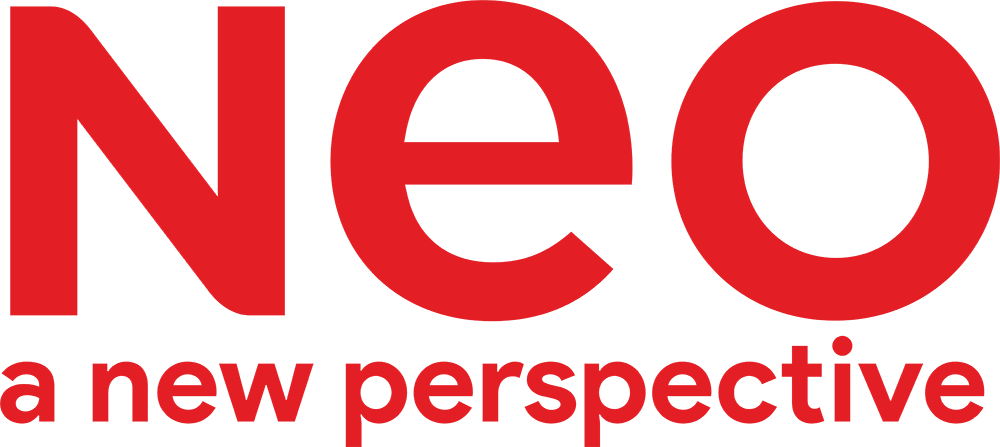Non Fungible Tokens are or NFTs are tokens issued on a blockchain, similar to a cryptocurrency like Bitcoin.
However, they are different from a cryptocurrency in the sense that they are not “fungible”. So each and every token has its unique identity. They are not identical and interchangeable with each other meaning that they can be used to identify a unique item.
NFTs were previously used only for digital assets. However, they can be used to represent ownership of physical items or real estate as well.
NFTs for Fractional Property Ownership
Homeowners can sell a portion of the property held by them to many small investors by issuing these tokens on the blockchain. Investors can hold these tokens as representation of fractional ownership of property.
They could receive rental income for doing so, or share in the profits on capital appreciation upon sale, or even both.
This could even eliminate the middleman by assisting easy buying and selling of fractional ownerships in rental properties, possibly in a liquid market.
NFT Mortgages
In the future, it may also be used for facilitating borrowing by issuing NFTs backed by ownership of your property. Individual investors could then buy an NFT representing a small portion of the debt. Holders of the NFTs would then receive repayments via the blockchain in proportion to how much they lent out.
These usage of NFTs seem lucrative and game changing. However, one should also look at the downside of this for a proper evaluation.
While NFTs offer a solution for unlocking capital in a property, who will have the legal right to hold the property? Could a token holder force someone to sell their house if the holder holds enough tokens? This will put the residents of the house at an unacceptably huge risk. But if the property is.t owned by taken holders, can the residents stay there forever? This would preclude investors from gaining profit from capital appreciation.
In addition to this, will NFTs be able to completely avoid middlemen, when someone is needed to manage the properties?
To overcome this, a decentralized system to appoint such representatives must be established.
NFT mortgages have certain issues as well. Who will be collecting the debt if the borrower falls into default? Both lender and the debtor will be faced with problems if each creditor collects individually. On the other hand, if only one party was to collect the debt, this would make such mortgages very similar to those peer-to-peer lending platforms, and thus susceptible to their flaws in the mechanism.
That said, every new opportunity has its kinks that can be solved upon further analysis and application. Nonetheless, it has great potential in the real estate market and we must be aware of such improvements to get the first mover advantage.
